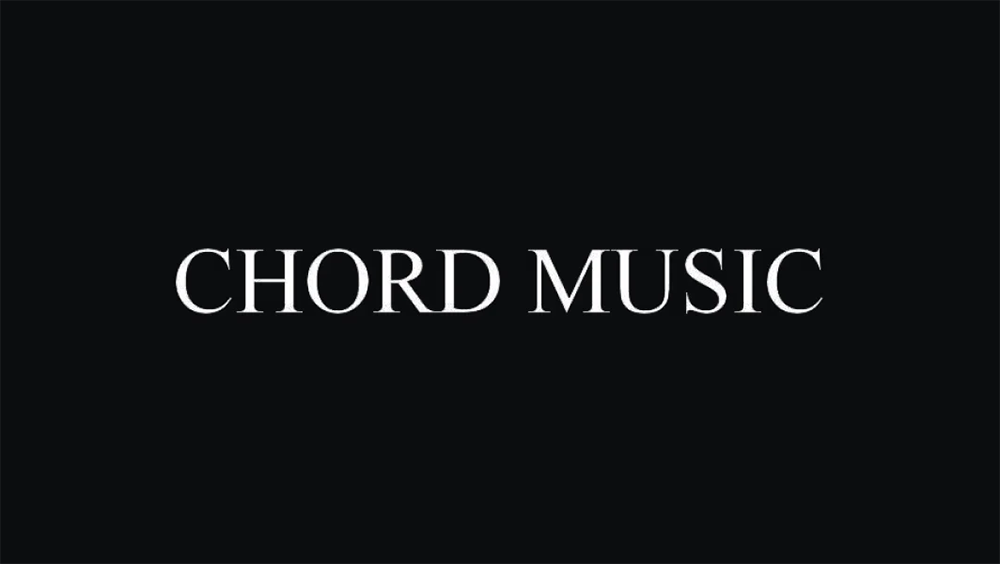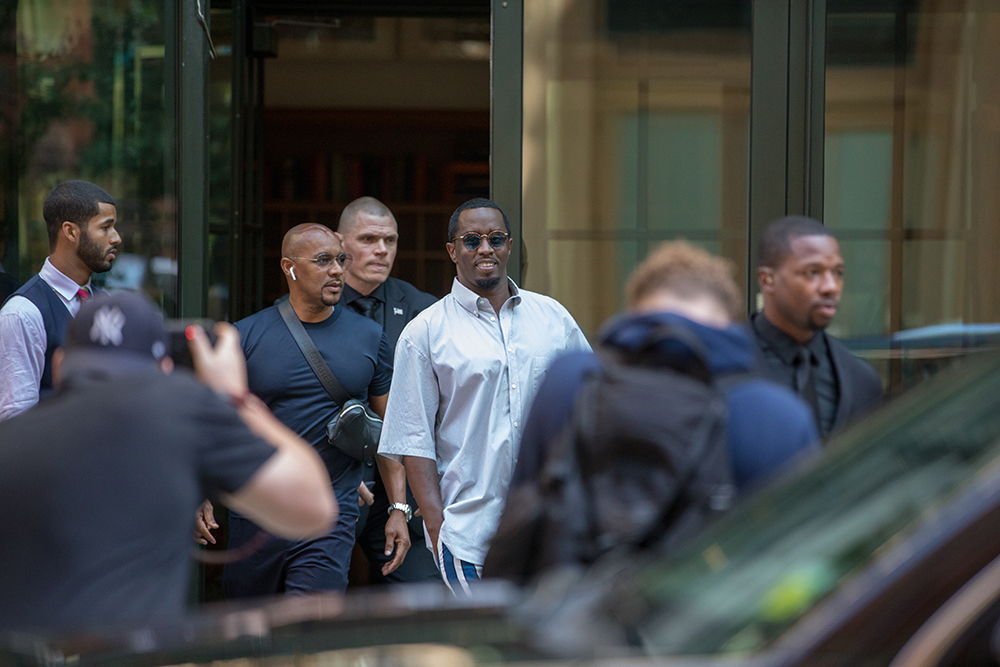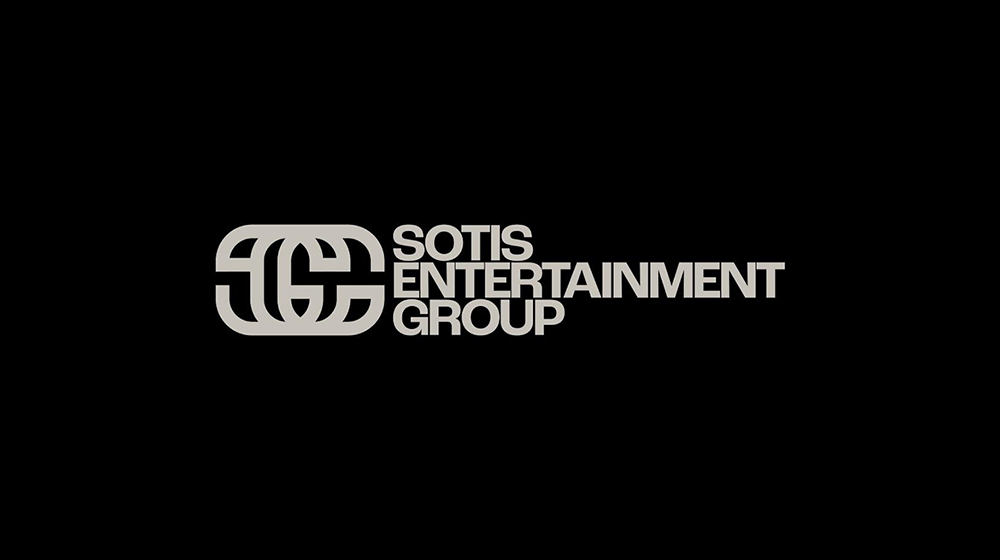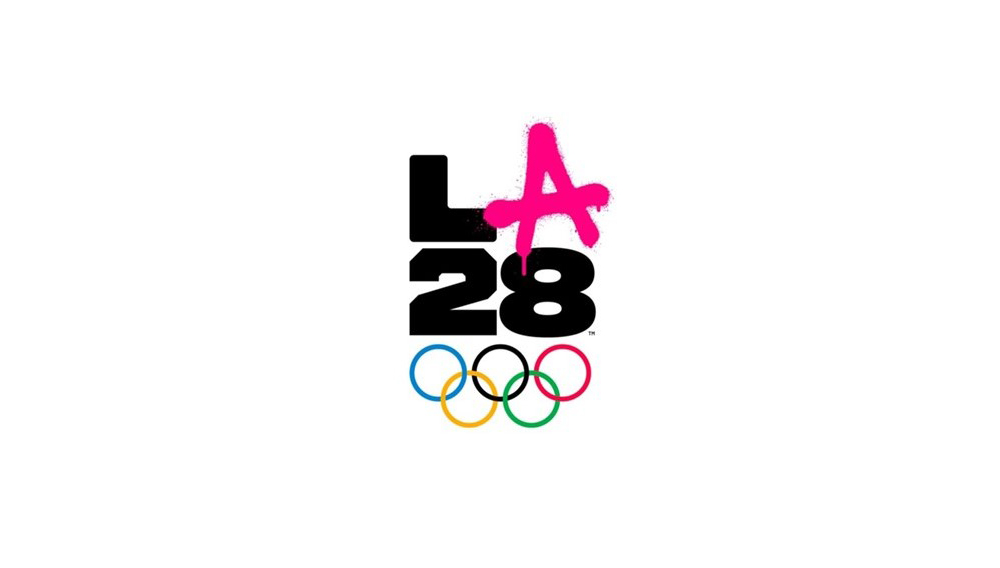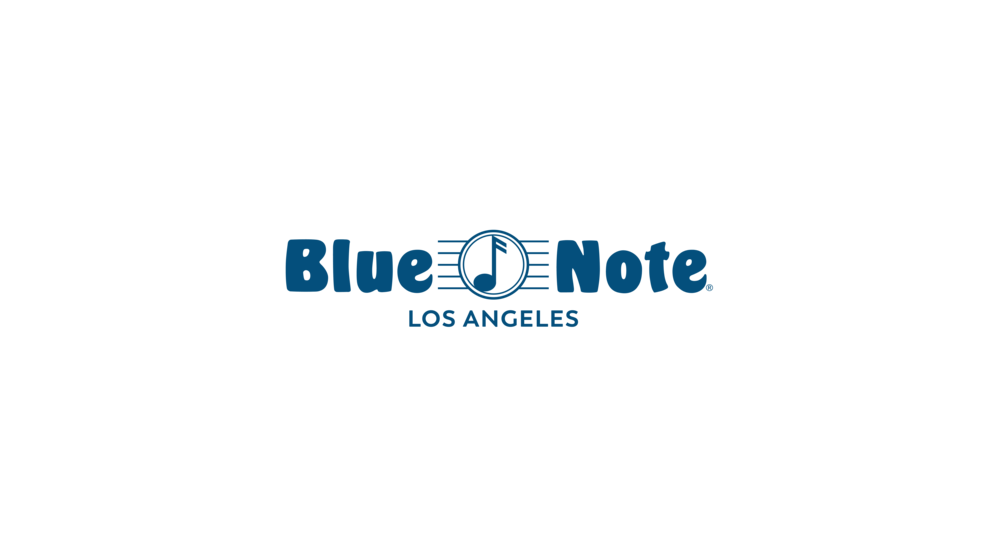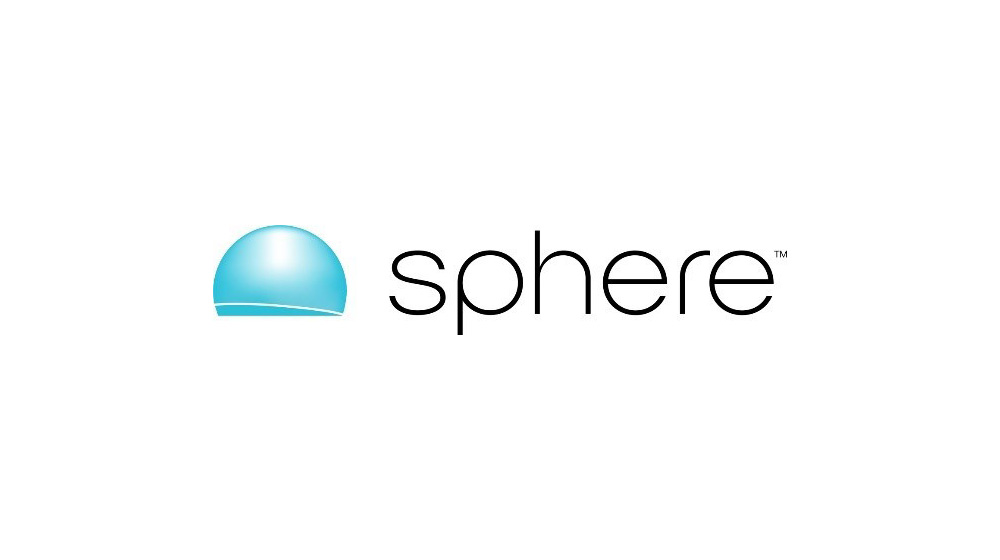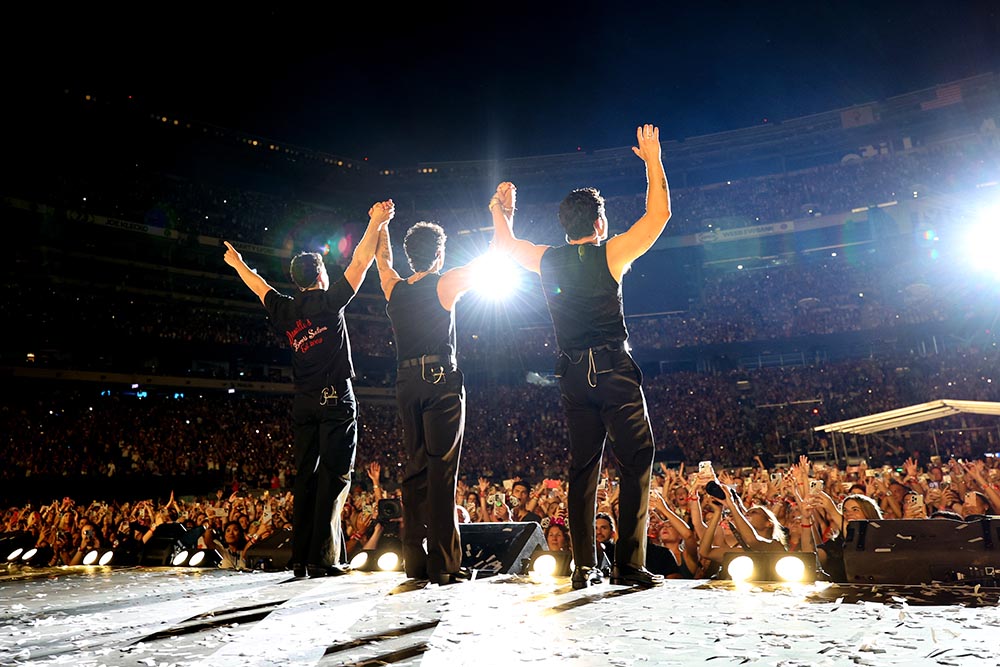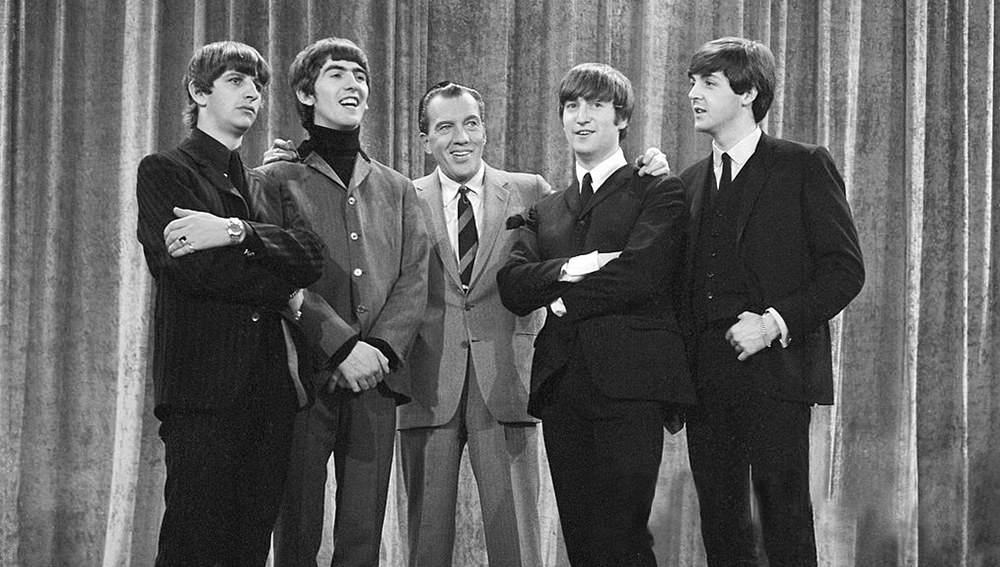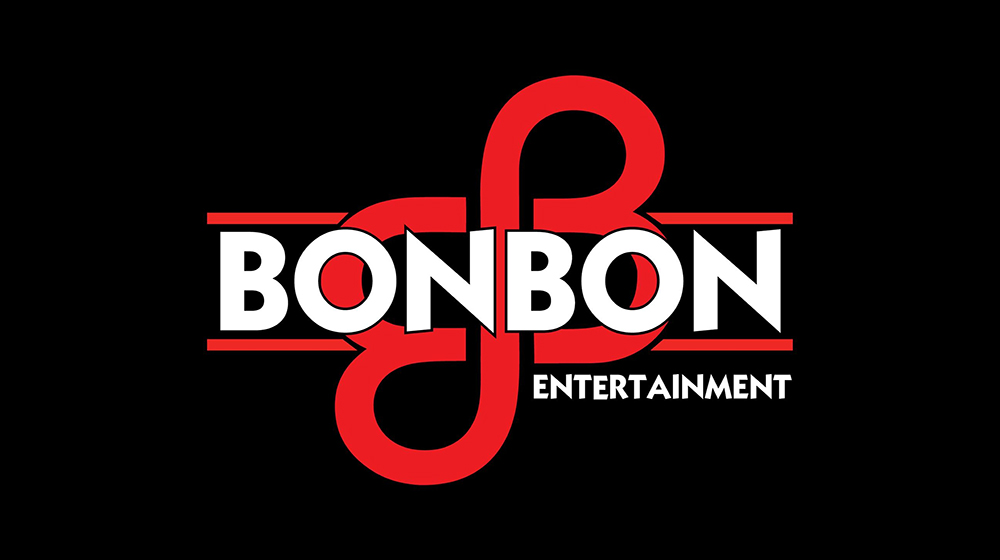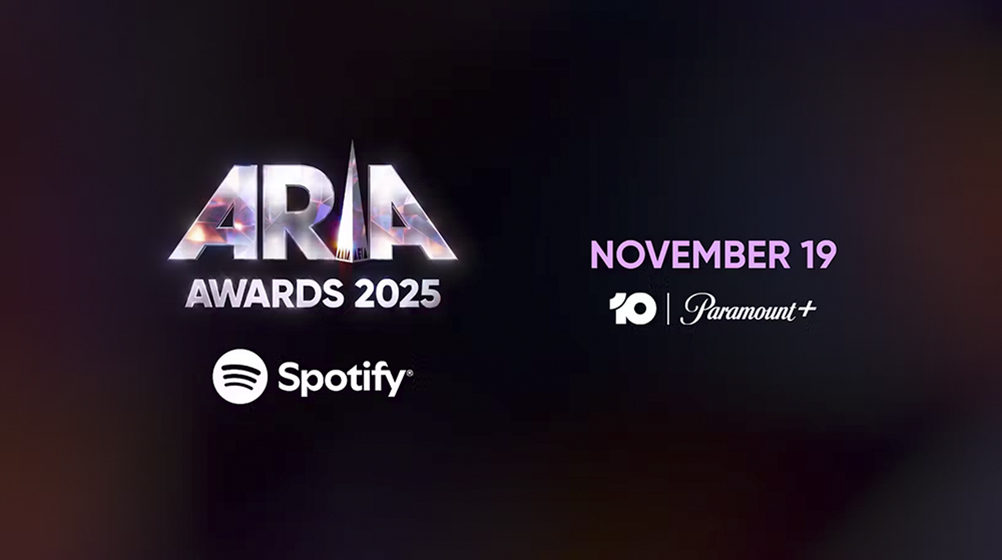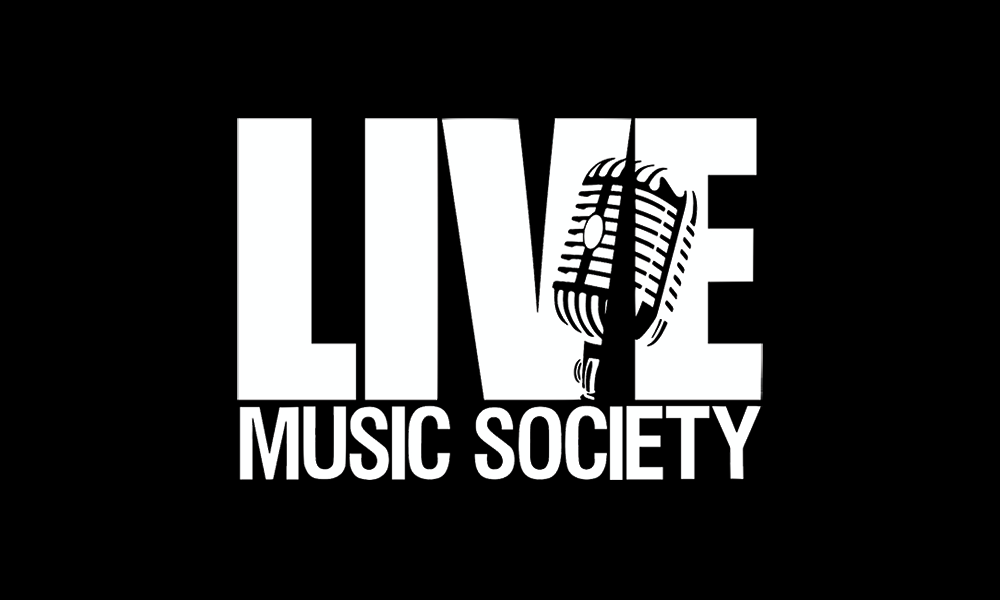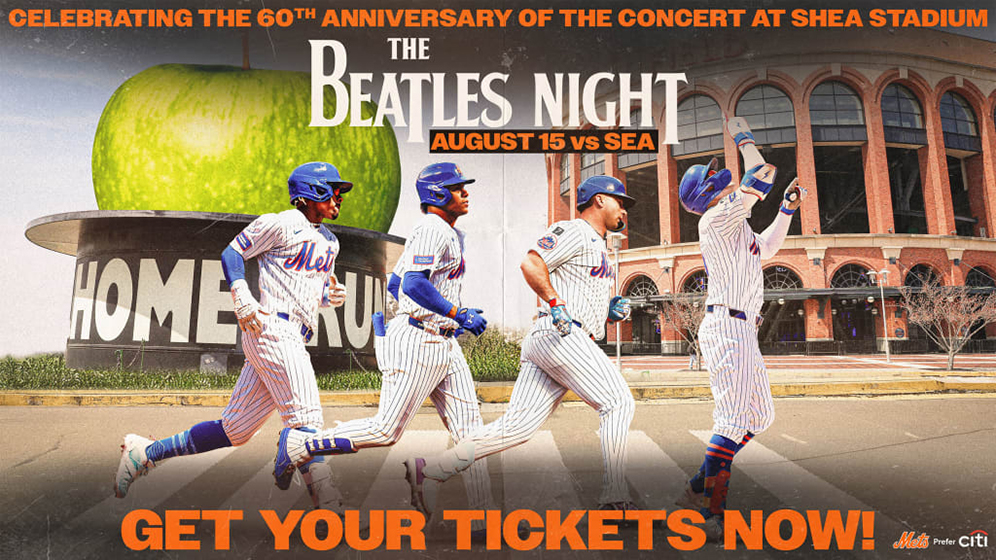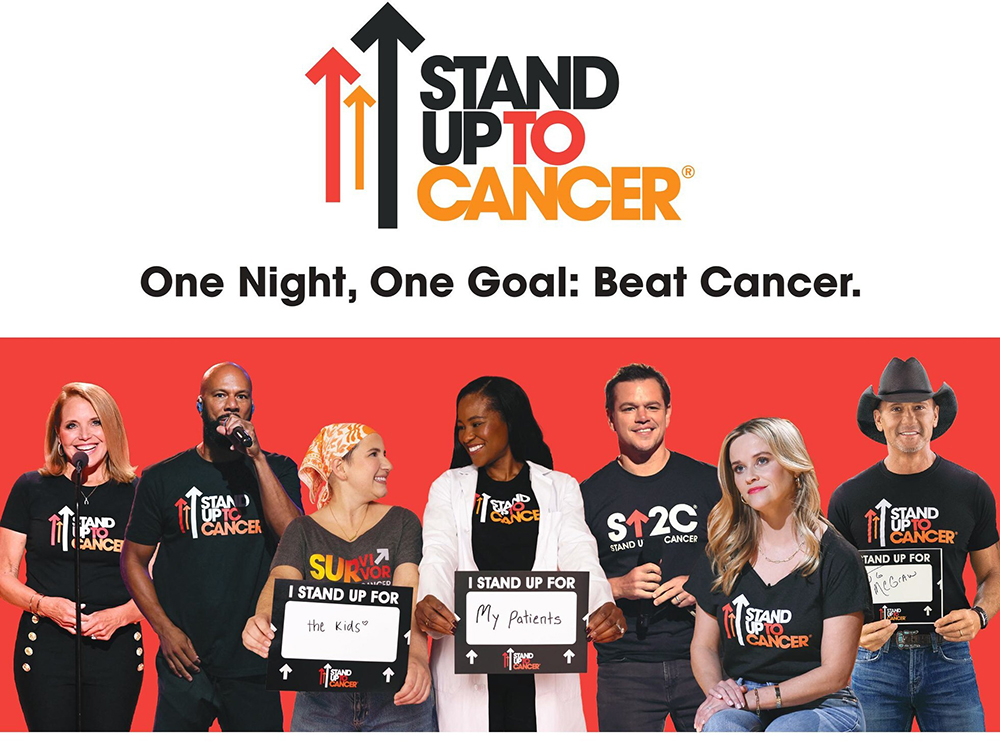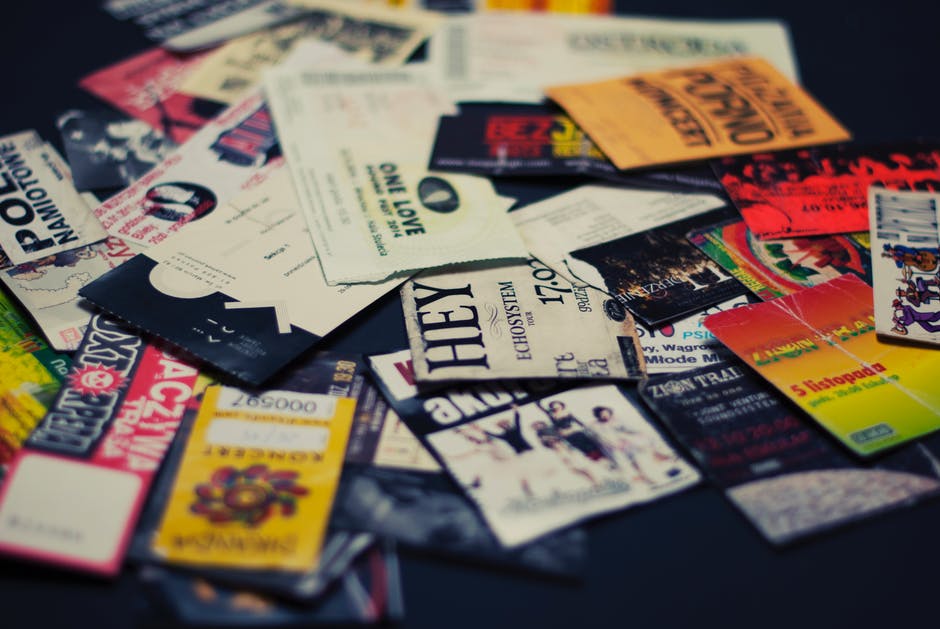
RHAPSODY DROP
From 800,000 subscribers a year ago to 650,000 today. A nineteen percent drop.
Pundits and players say this is evidence that no one wants a subscription.
No, this is evidence that you can listen to all the music you want for free online anyway.
Rhapsody portability has historically sucked. Sure, you can take your music with you, but not on an iPod and good luck with the sync (and usability of the device). I know I couldn't make my sync/To Go feature work…
So most people are subscribing to Rhapsody in order to listen at home, online, in front of the computer. But the problem is you can now listen to everything you want for free, legally. Well, almost legally. Sure, LaLa is disappearing in its present incarnation, but just try searching for that hot new track on YouTube. It may have been posted illegally, but the site's not illegal, you can stream your track instantly. As well as the authorized video. Never mind MySpace, the band's site…
So charging to listen to music online is very difficult now. It's all about mobile, the next frontier.
People want mobile. That's what an iPod delivers.
And now Rhapsody and MOG and Spotify offer mobile solutions. And be clear here, they CHARGE for these subscriptions.
Sure, you can take the music you own with you. Sure, you can stream Pandora. Sure, you can dial up YouTube on your iPhone. But none of these is as good a solution as being able to play any track from the cloud, instantly.
And don't talk to me about bandwidth. That's the problem, bandwidth is increasing. The time to strike is now. Especially in the U.S., where mobile speeds are slow and in many cases unavailable. You see these new mobile subscription apps allow 2,000+ tracks to live on your handheld. So if you're out of range, if you're climbing Mt. Everest, you don't lose your tunes. It's just like owning them. Well, as long as you continue paying the subscription fee!
And transfer is via the cloud, very quickly and seamlessly.
Think about it. Why buy the track on your computer if you can listen to it for free whenever you want?
Spotify free on the desktop is an incentive to get people to pay for mobile access.
Look behind the statistics.
TICKETSNOW

Well, Rapino knows the truth here, he admitted it. But the underlying significance is staggering.
TicketsNow, the secondary market resale division of Ticketmaster is now making $1 million to $2 million instead of the $15 million it used to.
The reason? The removal of TicketsNow links from the Ticketmaster site as per agreement with the Attorney General of New Jersey subsequent to the Springsteen fracas.
Wow.
Speak to a record company. Price and positioning means something. In other words, a record on an endcap, at the front of the store, sells more.
So the Ticketmaster site is prime real estate. What's located there will move product. Sure, TicketsNow was literally tickets. But maybe, if Live Nation can cook up some reasonable offerings and put them on the Ticketmaster site those products will sell too. Kind of like you buy magazines and candy located at the checkout stand.
Live Nation has to create the products and acts have to agree to utilize them. Physical retail is dying. There is proven demand for tickets. Presently, iTunes and Ticketmaster are the two storefronts. Use them.
CONCORD RECORDS
Had big stories in the "Los Angeles Times" and "New York Times" business sections recently. Did something happen? Yes, Concord bought Rounder and signed Paul McCartney. Was this newsworthy? Yes. But both of these articles appeared long after the deals were consummated.
In other words, this isn't news, this is a public relations push.
Sure, if there's an oil spill or an election the newspaper is on the scene. Otherwise, it's manipulated by scores of publicity agents. This is the model you want to save?
Sure, it can be bad online too. Mommy bloggers take goods and write positively about them. But without one dominant voice filtering the news, a more accurate picture is revealed. Which brings us to…
iPHONE VS. ANDROID
 Now I know the L.A. "Times" deserves to die. This was a front page story in the Business section today.
Now I know the L.A. "Times" deserves to die. This was a front page story in the Business section today.
Let's assume the statistics are accurate. They say that Google's Android outsold the iPhone 28% to 21% in the first quarter. On the surface, the story appears significant. Open systems beat closed systems once again.
But peering deeper, one sees that Verizon was selling Android phones in a buy one for $50, get one free offer. As pcworld.com asks, isn't this like Prince skewing the "Billboard" chart by giving away his album at the gig and counting it as a sale?
Yes, PCWorld debunked this story yesterday: (PC World article).
And although the L.A. "Times" story does state that the iPhone is only offered by one carrier, it didn't delineate the classic Apple sales slowdown in anticipation of a new device, in this case the heavily reported 4G. Only the most ignorant and desperate are now buying iPhones.
But it gets worse. If you read to the end of the "Times" story, you find out that the statistics are based on a limited online survey.
What, you're going to trust an online survey???
Come on, do you answer those?
In other words, what is this data worth?
In other words, do we trust "research".
Or, to cite the cliche, research will tell you where you've been, but not where you're going.
Every year there's another highfalutin' economist who whips out a study about P2P trades. They impact sales, they don't. If you're paying attention to these, you're screwed. Sales are down. So, what are you gonna do about it? Listen to someone who's not in the business?
BACK TO CONCORD
 Rounder fetched a fire sale price. Well, not that bad, but not close to what it would have sold for a decade ago. Because what's the upside for a company that sells a limited amount of mostly physical product.
Rounder fetched a fire sale price. Well, not that bad, but not close to what it would have sold for a decade ago. Because what's the upside for a company that sells a limited amount of mostly physical product.
One can ask the same thing of Concord. At least the "New York Times" raised the question.
In other words, if you've got no other rights, can you make it selling music, and just music? Especially when you can't even get niche product into so many physical retail stores, especially the big boxes, which carry only a few titles?
The future isn't Concord Records. And it most certainly isn't Paul McCartney's catalog. Unlike the Beatles albums, it doesn't move!
Last year, McCartney sold a grand total of 357,000 records. Not bad, except that two thirds of those were of a newly released live album. Hell, in the year previous, 2008, McCartney sold just 128,000 albums.
And no matter how many Paul sells, how much is Concord going to net? What did they give up to get this deal?
Paul's a headline. But business is bad.
Business for all record companies is bad. Because presently, most people are not paying for music. The key is to look behind the facade and see that the way out is to get everybody to pay a little, like the cell phone companies.
BACK TO iPHONE/ANDROID
So, if you read the L.A. "Times" story you'll think that open systems are better than closed ones. That Microsoft will always beat Apple. But didn't Apple kill in the handheld music player world? Isn't Apple killing in smart phones?
Apple's not only selling the devices, at a premium price, they're reaping revenue as a result of the App Store, and now with iAd revenues should jump further. Isn't it Apple that keeps rolling out successful new products? Sure, Google is great, I love it, Bing doesn't deliver anything close in terms of results. But what is Google's other success again, that generates revenue? Wasn't Microsoft supposed to kill AOL? Wasn't the Zune supposed to kill the iPod? But it didn't really happen that way at all.
iPhones work better. Ask anybody with a Droid. Typing on the physical keyboard is a nightmare.
iPhones can hold more apps.
iPhones have more apps.
In other words, the iPhone is more usable. And usability is what triumphs today.
Don't believe the hype. The Internet is about leveling the playing field, getting the real story out. It's better than old media this way, however flawed the online maelstrom may be.
I don't own an iPhone. I need to be on Verizon, where voice works. And I live by e-mail. Which is far superior on a BlackBerry, especially if you don't work for a major company with an exchange server. But I'm following this story trying to divine the truth. Is the straight media?






















